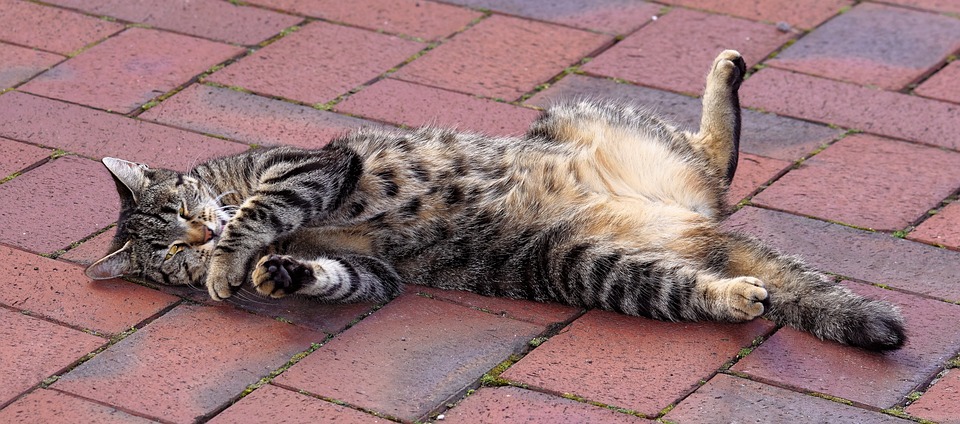Dental care is often overlooked when it comes to senior cats, but it is just as important for them as it is for humans. As cats age, they become more prone to dental issues, which can have a significant impact on their overall health and well-being. In this article, we will explore the importance of dental care for senior cats and provide valuable tips for preventing and managing age-related dental problems.
Firstly, it is important to understand the impact dental health has on the overall well-being of senior cats. Dental issues can cause pain and discomfort, leading to decreased appetite and weight loss. In severe cases, untreated dental problems can even lead to more serious health issues, such as kidney disease, heart disease, and infections. By maintaining good dental health, you can help your senior cat live a happy and healthy life.
Common dental issues in senior cats include periodontal disease, tooth decay, and tooth loss. Periodontal disease is the most common dental problem in cats and is caused by a buildup of plaque and tartar on the teeth. This can lead to gum inflammation, tooth loss, and bacterial infections. Recognizing the signs of dental problems is crucial for early intervention. Look out for symptoms such as bad breath, drooling, difficulty eating, pawing at the mouth, and swollen or bleeding gums.
Preventive measures are essential for maintaining good dental health in senior cats. Regular dental examinations by a veterinarian are recommended at least once a year. During these exams, your veterinarian will check for any signs of dental issues and perform a thorough cleaning if necessary. Establishing a proper dental hygiene routine at home is also important. This can include brushing your cat’s teeth daily using a cat-specific toothbrush and toothpaste, providing dental-friendly diets and treats that help reduce plaque and tartar buildup, and using dental rinses or water additives recommended by your veterinarian.
Managing age-related dental issues in senior cats may require more intensive treatments. Dental cleanings performed by a veterinarian under anesthesia are often necessary to remove plaque and tartar buildup. In some cases, dental extractions or tooth restorations may be required to alleviate pain and prevent further complications. Pain management and post-treatment care are also crucial to ensure your senior cat recovers comfortably.
In the FAQs section, we address common questions regarding dental care for senior cats. These include the frequency of dental examinations, the necessity of daily teeth brushing, alternative options for cats that refuse teeth brushing, recommended dental diets, the use of human toothpaste, natural dental care products, signs of dental problems, reducing stress during dental care, and knowing when to seek professional treatment.
In conclusion, proper dental care is vital for senior cats to prevent and manage age-related dental issues. By following preventive measures and seeking professional assistance when needed, you can ensure your beloved feline companion enjoys good dental health throughout their golden years. Always consult with your veterinarian for personalized advice on your senior cat’s dental care routine.








